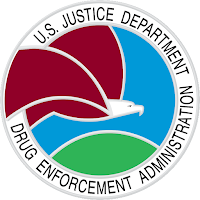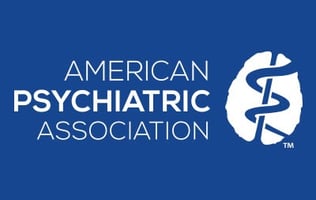DEA, SAMHSA Release Temporary Rule Extending Telemedicine Flexibilities

The U.S. Drug Enforcement Administration (DEA) and Substance Abuse and Mental Health Services Administration (SAMHSA) have issued a temporary rule that extends telemedicine flexibilities adopted during the COVID-19 Public Health Emergency (PHE). The temporary rule will go into effect tomorrow, May 11, when the COVID-19 PHE expires, and extends the full set of telemedicine flexibilities adopted during the COVID-19 PHE for six months (through November 11). Additional flexibilities will extend to established patients until November 11, 2024.
“Access to evidence-based treatment is a pillar of the HHS Overdose Prevention Strategy,” said Miriam E. Delphin-Rittmon, Ph.D., the Health and Human Services (HHS) assistant secretary for mental health and substance use and the leader of SAMHSA, in a press release issued by SAMHSA on Tuesday. “We strongly support policies that promote access to effective and safe treatment for opioid use disorder, including through telemedicine platforms, and ensuring continued access to necessary controlled medications past the COVID-PHE.”
This development is the latest in a story that began back in February, when the DEA announced two proposed rules (Docket No. DEA–407 and Docket No. DEA–948) for the prescribing of controlled medications via telemedicine. There was a 30-day public comment period for the proposed rules, which ended on March 31.
APA filed two letters with the DEA in response to the proposed rules during this time, recommending that the DEA “focus on balancing common-sense safeguards for DEA enforcement without decreasing access to lifesaving treatment” and consider ways to extend flexibilities made during the COVID-19 PHE. These comments were just two of the tens of thousands of comments that the agency received.
DEA Administrator Anne Milgram last week announced that the agency had received “a record 38,000 comments on its proposed telemedicine rules” and would delay releasing the two permanent rules that were set to go into effect when the COVID-19 PHE ends. “We take those [38,000] comments seriously and are considering them carefully,” Milgram said.
The SAMHSA release noted: “For any practitioner-patient telemedicine relationships that have been or will be established up to November 11, 2023, the full set of telemedicine flexibilities regarding prescription of controlled medications established during the COVID-19 PHE will be extended for one year—through November 11, 2024.”
“We recognize the importance of telemedicine in providing Americans with access to needed medications, and we have decided to extend the current flexibilities while we work to find a way forward to give Americans that access with appropriate safeguards,” Milgram said.
For related information, see the Psychiatric News article “APA Responds to DEA’s Proposed Rules Regarding Telehealth, Buprenorphine.”
Don't miss out! To learn about newly posted articles in Psychiatric News, please sign up here.






